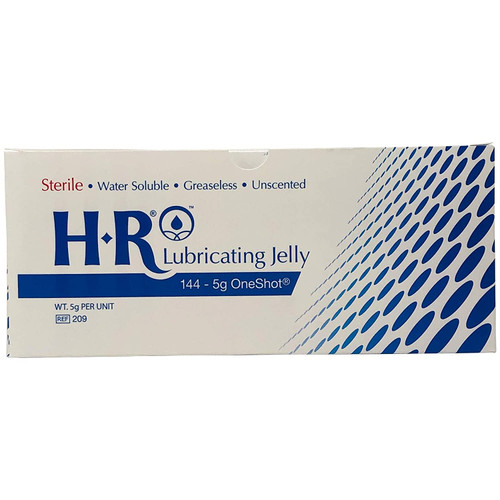Free Shipping On all orders over $100.00
Omron Healthcare Inc 10 Series™+Upper Arm Blood Pressure Unit
The 10 Series™+ monitor has all the features of the top-line 10 series, plus there’s built-in software that connects to your home computer so you can download a digital record of your blood pressure. That way it’s easier for you to track your progress and email your readings to your doctor so that you can take the right steps to manage your heart.
- Connect the unit to your computer using the included USB cable, to log, track and share your readings online.
- Dual sensors automatically double check each reading, providing you with added reassurance that each reading is accurate.
- Indicator confirms the cuff has been wrapped correctly on your arm.
- Patented by Omron, the pre-formed arm cuff expands to fit both regular and large sized arms, to ensure more comfortable, accurate readings.
- Allows two different users to monitor and track their readings separately, plus guests can take their blood pressure without affecting the stored memory.
- Automatically takes three consecutive readings one minute apart and displays the average, following internationally recognized guidelines.
- With a touch of a button you can review an eight week history of your weekly morning and evening blood pressure averages.
- This monitor can detect irregular heartbeats while your blood pressure is being measured. If an irregular heartbeat is detected, an indicator icon will appear alerting you so you can consult with your medical professional.
- 100 memory storage for each person (200 total) with date and time stamp allows you to review the last 100 readings with a touch of a button.
- Track your progress toward better blood pressure health and see how your measurements trend over time.
- AC Adapter included. Four AA batteries not included.
HCPCS: A4670
FAQs About Blood Pressure
What is Blood Pressure?
In the most basic sense, blood pressure is a way of measuring how much force is being exerted on the walls of your blood vessels (artery) as blood flows through them.
- Systolic is the top number. It represents the pressure as your heart contracts to pump blood to the body.
- Diastolic is the bottom number. It represents the pressure between beats, when your heart relaxes.
In terms of taking action based on your blood pressure readings, this should always be discussed and decided on between you and your doctor. You should never self-diagnose or adjust your medication if not prescribed by your doctor.
What is more important -- the Systolic or Diastolic reading? Both readings are important. One measures your blood pressure during a heart contraction and the other measures blood pressure between heart contractions. For your particular situation, you should discuss both measurement results with your doctor.
Is it normal for my blood pressure to vary? Yes, it is quite normal for people’s blood pressure to change throughout the day and night, or in different settings where you may measure your blood pressure. Many things, such as stress levels, food or drink intake, activity levels, even time of day can all affect a person’s blood pressure reading at any given time. In fact, there are published studies that show a given person’s blood pressure can change by up to 20mm within a day, based on activity levels, food/drink intake, stress, etc. This is why it is important to take your blood pressure on a regular basis, and review the overall trend of your blood pressure readings with your doctor.
What can I do to help better manage my blood pressure? Managing your blood pressure doesn’t have to take a lot of work. In fact, small improvements to your lifestyle can help.
Exercise: Just be a little more active. Walk instead of drive; take the stairs instead of the elevator, etc.
Eat Smart: Try to find low-fat, low-sodium substituted that also taste great. Potassium found in bananas and carrots is nature’s best medicine for your heart.
Kick the Habits: Minimize your alcohol and cigarette intake.
Stifle Your Stress: Stress is a normal part of life. But too much can increase the risk of heart disease. Relax by doing things you enjoy (yoga, gardening, walking, etc.) and your heart can benefit.
Monitor Your Blood Pressure at Home: Monitoring your blood pressure at home on a regular basis provides you and your doctor with the information to best manage your blood pressure.
These are just some examples. Discuss with your doctor on other ways how you can better your heart.
My blood pressure is not responding to the medications my doctor prescribe. What should I do? You should contact your doctor and discuss the situation. Only your doctor is qualified to diagnose and prescribe medication, or make changes to medications in managing blood pressure.
The following shows the different stages of hypertension (also known as high blood pressure) according to the American Heart Association:
| Systolic Blood Pressure | Diastolic Blood Pressure | |
| Normal | ≤ 120 mm | ≤ 80 mm |
| Pre-Hypertension | 121-139 mm | 81-89 mm |
| Stage 1 Hypertension | 140-159 mm | 90-99 mm |
| Stage 2 Hypertension | ≥ 160 mm |
≥ 100 mm |










